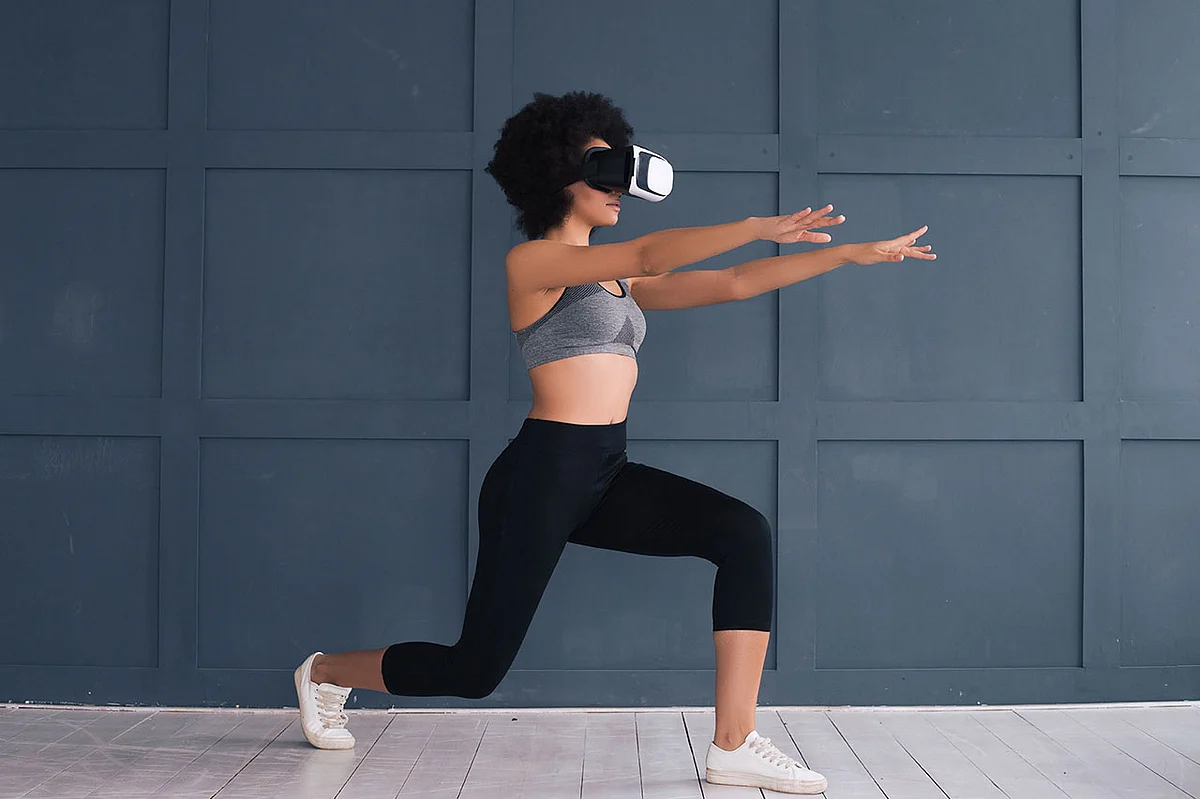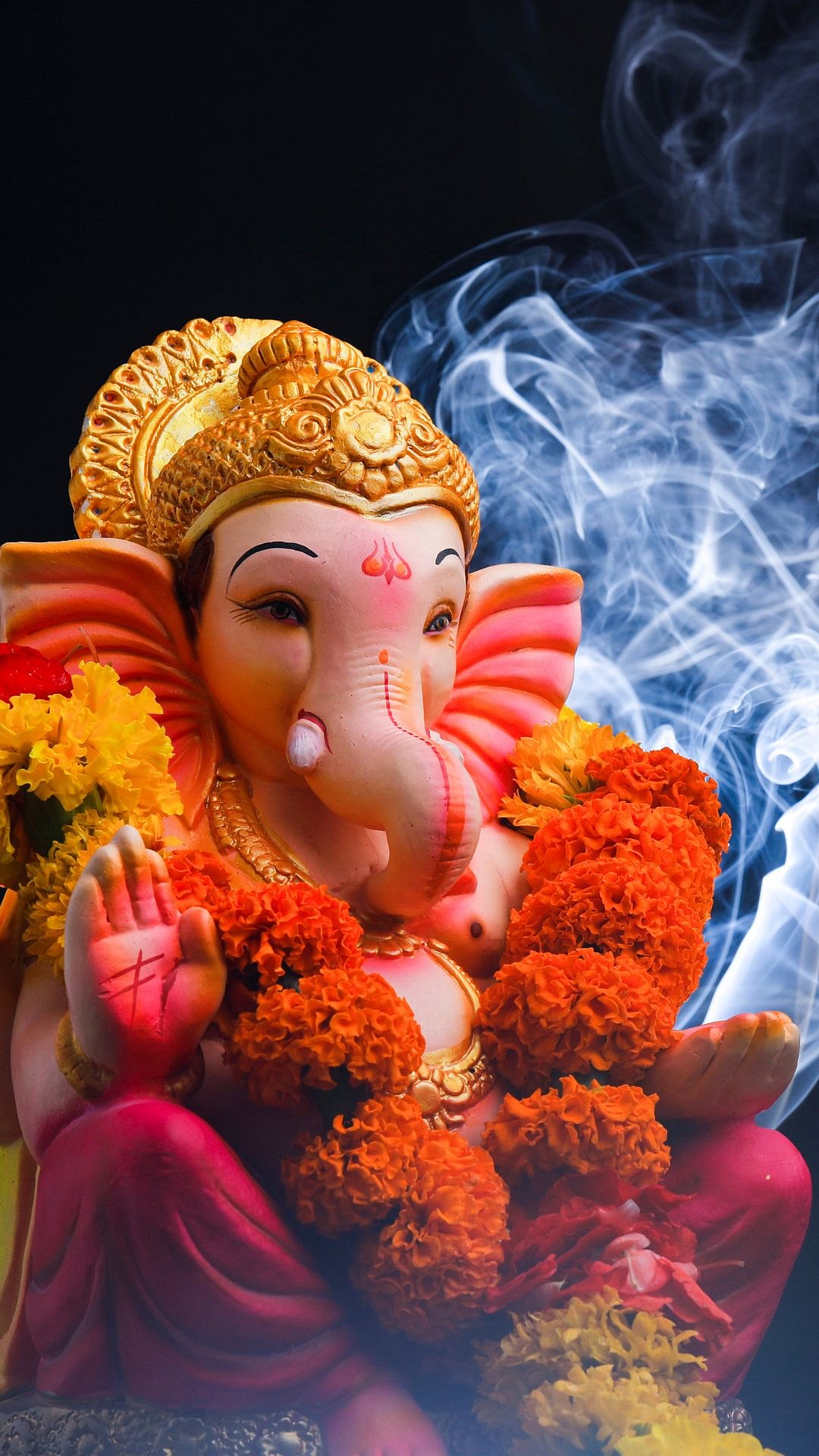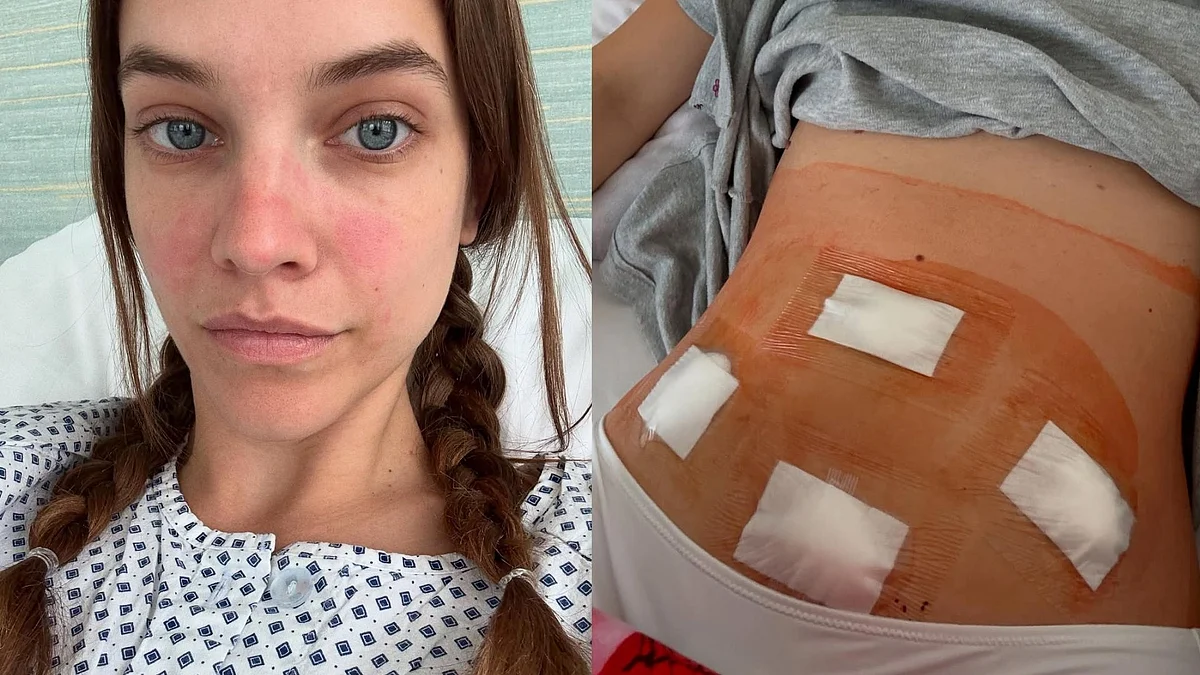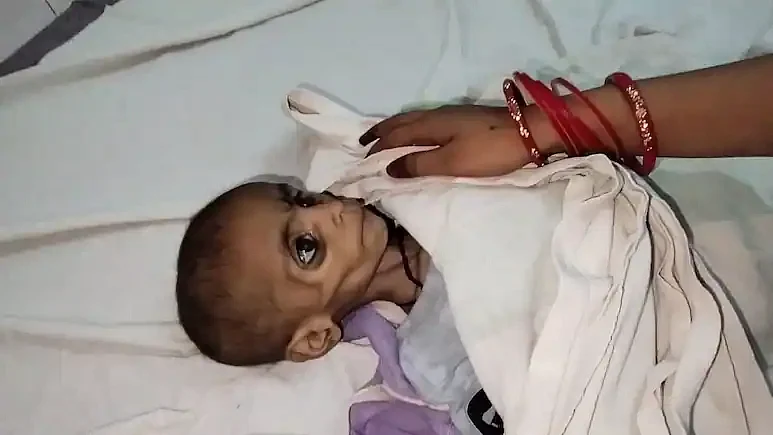Dizziness is described as a complex feeling or sensation that includes weakness, fatigue, anxiety or visual problems. It is often characterised as a symptom with an unpleasant disturbance in the ability to identify the direction or position or perceive movement.
Though dizziness seems to be a common problem, it couldn’t be in some cases. Also, diagnosing the exact cause of dizziness could be difficult for a medical expert due to a long list of conditions whose symptoms include dizziness. In this article, we will discuss details on dizziness and how is it different from vertigo.
Types of dizziness
Dizziness could be precisely distinguished into four categories:
1. Vertigo
It is typically described as a feeling of ‘spinning’ or ‘whirling’. In vertigo, the sense of motion is like going ‘round and round’. It is mainly caused due to disorientation in illusory motion and some dysfunction in the vestibular system, a sensory system that provides information to the brain related to motion, spatial orientation and position of the head.
2. Presyncope
Presyncope is mainly defined as a near-fainting experience or as a feeling ‘I am going to pass out’ without actual loss of consciousness. It may last for seconds or minutes. The cause or presyncope could be diverse and may range from cardiac problems such as palpitations to non-cardiac problems like medications or sepsis. It can be mild to life-threatening.
3. Disequilibrium
Disequilibrium, as the name suggests, is described as a loss of equilibrium or unsteadiness or disturbance in balance or coordination. In this type of dizziness, the ability to walk independently is impaired. The cause may range from infection in the middle ear to drugs, head injury. Walking often tends to worsen in such conditions.
4. Lightheadedness
Lightheadedness is described as a sensation in the head, which is somewhat different from vertigo, disequilibrium or presyncope. Patients often feel lightheaded when dehydrated or under stress or sudden stand up from prolonged sitting. Though the condition is not life-threatening, it may lower the quality of life.
Difference between dizziness and vertigo
As defined above, dizziness is an umbrella term used to describe multiple sensations and feelings, including vertigo. When a person says that they are ‘dizzy’, it could mean anything of the symptoms such as faintness, lightheadedness, unsteadiness or head spinning.
On the other hand, if a person defines their symptom specifically as ‘spinning’ or usually rotatory, it could be vertigo. Some of the symptoms that may follow vertigo are nausea, loss of balance, vomiting and trouble walking.
Causes of dizziness
Dizziness can be caused due to multiple factors. Some of them may be benign while some could be life-threatening. They include:
Vestibular disorders or problems in the link between the middle ear and the brain. It includes conditions like Meniere’s disease, superior canal dehiscence syndrome, head injury, infection, ageing and vestibular migraine.
Hyperventilation or condition causing to breathe very fast.
Conditions like deafness, pain, visual problems, bone-related disorders and muscle weakness collectively.
Half asleep and walking in the darkness.
Poor blood circulation to the brain or inner ear.
Cardio problems like heart arrhythmia or ischaemic heart disease.
A sudden drop in blood pressure.
Side effects of medications like sedatives or antiseizure medicines.
Neurological disorders like multiple sclerosis.
Carbon monoxide poisoning
Nutritional deficiencies such as low iron levels in the body. Anxiety, fear or panic attacks.
Dehydration
Excessive exercise or any physical activities.
Risk factors of dizziness
Some of the factors that may increase the risk of dizziness are age and past episodes of the condition.
Complications of dizziness
If left untreated for longer, dizziness may cause complications such as:
Fainting
Paralysis
Double vision Confusion
Though the aforementioned complications are not considered life-threatening, they could be at certain situations like driving.
Diagnosis
To diagnose the condition, firstly, a medical expert may ask for the history of the patient as it almost reveals the cause of dizziness.
Secondly, they may ask to describe the exact feeling to identify the type of dizziness.
If the dizziness is confirmed, a medical expert may ask for physical, neurological or otologic examination based on the types. A dizziness simulation test may allow for a specific diagnosis of the condition.
Treatments
Treatment methods for dizziness may include physical therapy, medication, psychotherapy and in some cases surgery. The treatment is totally based on the prognosis of the patient.
The medications are given based on the condition which is causing dizziness. For example, if dizziness is caused due to middle ear infections, medications such as promethazine hydrochloride are prescribed along with some home exercises that may help control balance.
For conditions like migraine and anxiety, medications along with improvement in lifestyle are suggested. For dehydration-related dizziness, a doctor may suggest drinking enough water.
How To Prevent Dizziness?
Stand up slowly after prolonged sitting.
Maintain a healthy lifestyle by eating a proper diet and exercising daily.
If you have frequently experienced dizziness, avoid risky activities like driving or climbing stairs.
Reduce the use of tobacco and alcohol.
Drink enough water, like 8 glasses in a day.
If your doctor has suggested you any specific balance therapy, perform it to improve your balance and sense of motion.
Dizziness is a neglected symptom - most people do not recognise the severity of the condition until it starts causing complications and problems in their day-to-day lives. If you are experiencing or have recently experienced dizziness, it is good to consult a medical expert at the earliest for proper diagnosis and treatment.














